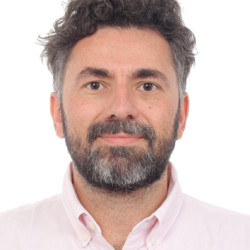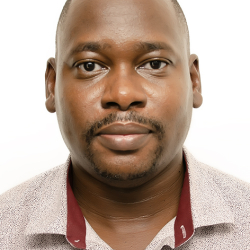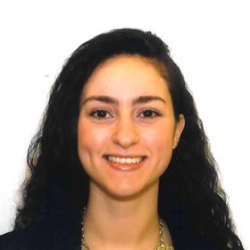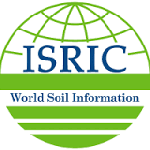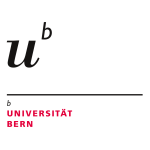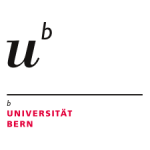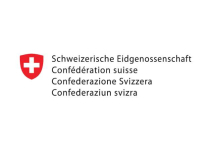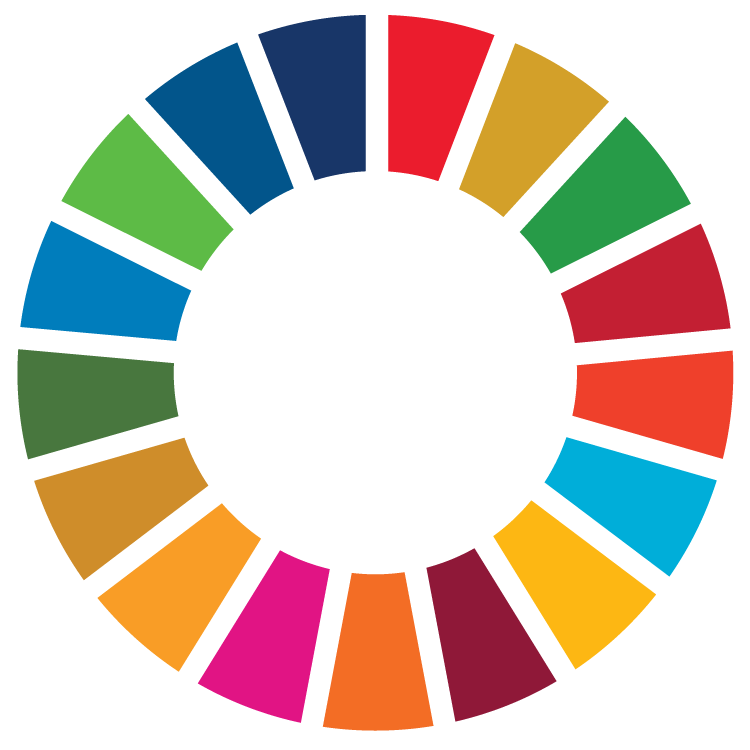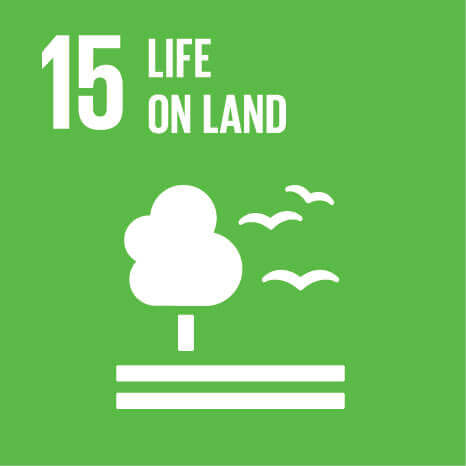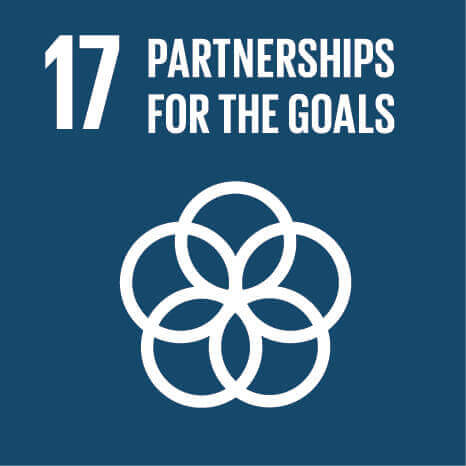WOCAT 2020+ will bring together, guide, and support its network partners to harness pathways towards sustainable landscapes. While the choice of concrete pathways is strongly dependent on social-environmental characteristics in the targeted contexts, WOCAT 2020+ will tackle four key entry points with its network partners:
- Facilitate support to land users and extension services at technical and socio-economic levels, e.g. through emphasizing the role and decision-making power of women in land management, or the inclusion of youth in agricultural production, or the importance of land tenure.
- Development and implementation of landscape approaches for
- tackling SLM beyond the farm level,
- promoting multi-stakeholder processes for robust decision-making on landscape-level SLM strategies, and
- securing the ownership and support of relevant authorities.
- Integrating, in collaboration with the private sector, SLM principles into value chains or certification schemes of commodities for local and global markets, and helping to mainstream SLM as a relevant criterion for private and public procurement.
- Policy dialogue and support for working across the Rio Conventions and targets set, by integrating water, land, biodiversity, and climate policies into coherent context-relevant strategies.
UPDATES
In 2020, ICARDA’s Monitoring, Evaluation, and Learning (MEL) Team developed tools such as the WOCAT digital explorer and the Central Asia Climate Portal. These tools pool valuable data and knowledge such as climate information and global agricultural innovations from official international sources to support organizations, policymakers, and researchers in decision-making, monitoring, and learning.
In 2021, ICARDA was thrilled when WOCAT published information on 10 ICARDA innovations. Our innovations, submitted by ICARDA’s MEL team, can now be referenced by agricultural experts all over the world, fulfilling ICARDA’s core vision of open-source knowledge sharing.
In 2022, ICARDA released two WOCAT publications on relay intercropping lentil-quinoa and lentil-onion. Also, Cactus pear development and adaption were strengthened by an informative newsletter sent to beneficiaries, registration under WOCAT, and by launching the Arabic version of the book through an event organized by the Food and Agriculture Organization of the United Nations.

